A common question we hear at our office visits is whether there is a relationship between having hearing loss and developing dementia or other forms of cognitive decline. What exactly is this relationship? Does having hearing loss cause dementia?
Hearing loss does not necessarily cause dementia, but it does have a correlation. When one acquires hearing loss and does not seek management for it, the auditory nerve receives less information about incoming sound to send up to the brain. This, in turn, leads to a term called auditory deprivation, in which the brain becomes deprived of receiving adequate sound stimulation. If one goes a long time without managing the hearing loss, then the brain continues to be deprived of sound, and once one does decide to manage the hearing loss with hearing aids, the brain is less likely to know how to process that sound it had been missing for so long.
How does this connect to cognitive decline?
Individuals who choose not to manage their hearing loss may feel they do not receive benefit from being social if they cannot hear, or may feel embarrassed having to ask for repetition from others constantly. This ultimately leads to them withdrawing from activities that contribute to brain stimulation. Without participating in daily life activities, the brain receives less sound and less overall stimulation to keep it actively working. This can then be manifested in the form of cognitive decline.
For anyone who either suspects they have hearing loss or has been recently diagnosed with hearing loss, it is important to consider ways to manage it in order to keep your brains active and receiving as much stimulation as it can.
Contact us to learn more information about management of your hearing loss!
